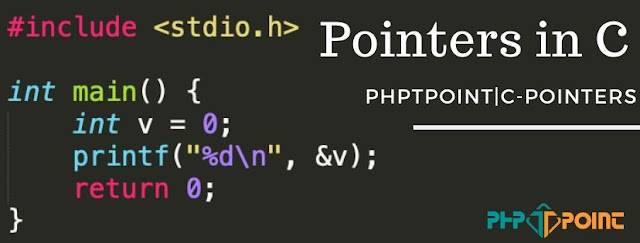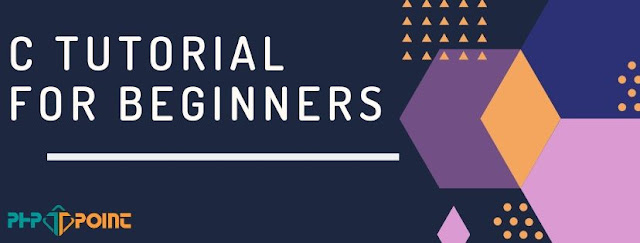C Pointers

Pointers in C Pointers in C are clean, and learning a laugh. Some C language tasks are accomplished with guidance more easily, and other duties, including the complex reminiscence distribution, can not be done by using pointers. So learning hints in becoming a super C programmer will become important. What are the Pointers? In C language, the guidelines are basically a variable that is acknowledged to save the deal with another variable, and the variable may be types, array, function, int, char, or any other pointer from these. However, in a 32-bit layout, the architecture is responsible for the size of the pointer, the measurements of a pointer are simply 2 bytes. For instance, an integer variable holds (or you might say stores) an integer value, but an integer pointer holds an integer variable's address. With the aid of examples, we will be speaking guidelines in the C programming tutorial . The general type of a statement for a pointer variable is − ...





